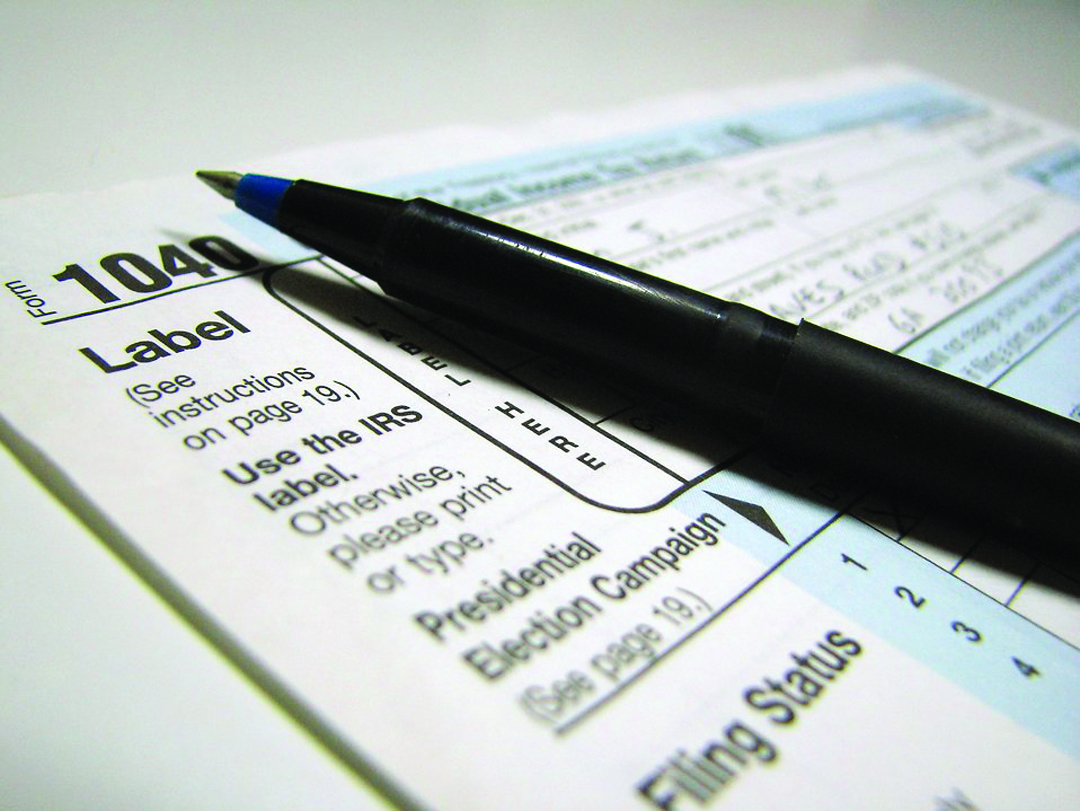By Will Hall, Message Editor
For the second time in four years, a federal judge in Madison, Wisconsin, has ruled unconstitutional the tax benefit related to housing allowances for pastors and clergy.
Judge Barbara Crabb, appointed in 1979 by President Jimmy Carter, ruled in favor of the atheistic Freedom from Religion Foundation, also located in Madison, in a lawsuit that claims such a federal tax break discriminates against secular persons.
BACKGROUND
Crabb issued the same ruling in 2013, but the conservative U.S. Seventh Circuit Court of Appeals in Chicago later threw it out, saying the foundation was not directly affected and had no legal standing to file suit. Consequently, the anti-Christian group asked the IRS to grant the tax benefit to two FRFF co-presidents. When the IRS declined to extend the benefit to the non-profit executives, the group filed the current lawsuit.
At issue is a 1954 law which permitted religious clergy to exclude from federal taxes part or all of their gross income that is related to housing costs.
These exclusions include: (1) rent, principal payments, or down payments plus the cost of buying the home; (2) taxes and mortgage interest (even if these are includable as itemized deductions); (3) utilities (heat, electric, basic telephone, water, etc.); (4) the purchase of furniture, appliances, dishes and cookware, and decorating items including rugs, pictures, curtains, bedspreads, sheets, towels, etc.; (5) insurance on the home and contents; and (6) miscellaneous expenses including improvements, repairs and upkeep of the home and its contents, snow removal, lawn mowing, light bulbs, cleaning supplies, etc.
The latest IRS report indicates that U.S. clergy members receive a combined tax benefit of about $700 million annually.
Based on a count of 600,000 pastors, ministers and clergy with ties to a denomination, according to the Hartford Institute for Religion Research, that would mean an average claimed benefit of about $1,167 each, per year. The HIRR did not collect data on the number of non-denominational clergy.
GUIDESTONE RESPONSE
GuideStone Financial Resources, Southern Baptists’ health and financial benefits entity, has issued a statement condemning the ruling.
“We have monitored this case and its predecessor cases closely and will seek as part of a long-standing coalition of ministerial benefit boards to file a friend-of-court brief on appeal at the appropriate time,” said GuideStone President O.S. Hawkins.
Hawkins described the housing allowance not as a form of government endorsing religion, but instead as a policy that removes government from the equation.
“Were it not for the housing allowance, the government would be imposing a tax on religious employers and their employees that is not imposed on non-religious employers,” he said.
According to Hawkins, “in all probability” Crabb’s ruling will be “stayed” or delayed from being implemented pending appellate review.
“We continue to live and minister in a world that is increasingly hostile to religious life as compared to the world in which many of us grew up,” Hawkins said. “Rather than discouraging us, we seek to continue to serve as an advocate for hundreds of thousands of pastors and other ministers we have the privilege to serve.”
GuideStone.org/taxguide and GuideStone.org/housingallowance provide housing allowance information to help pastors ensure they are properly documenting housing allowance as part of a church business action and appropriately reporting it on their individual income tax returns.




